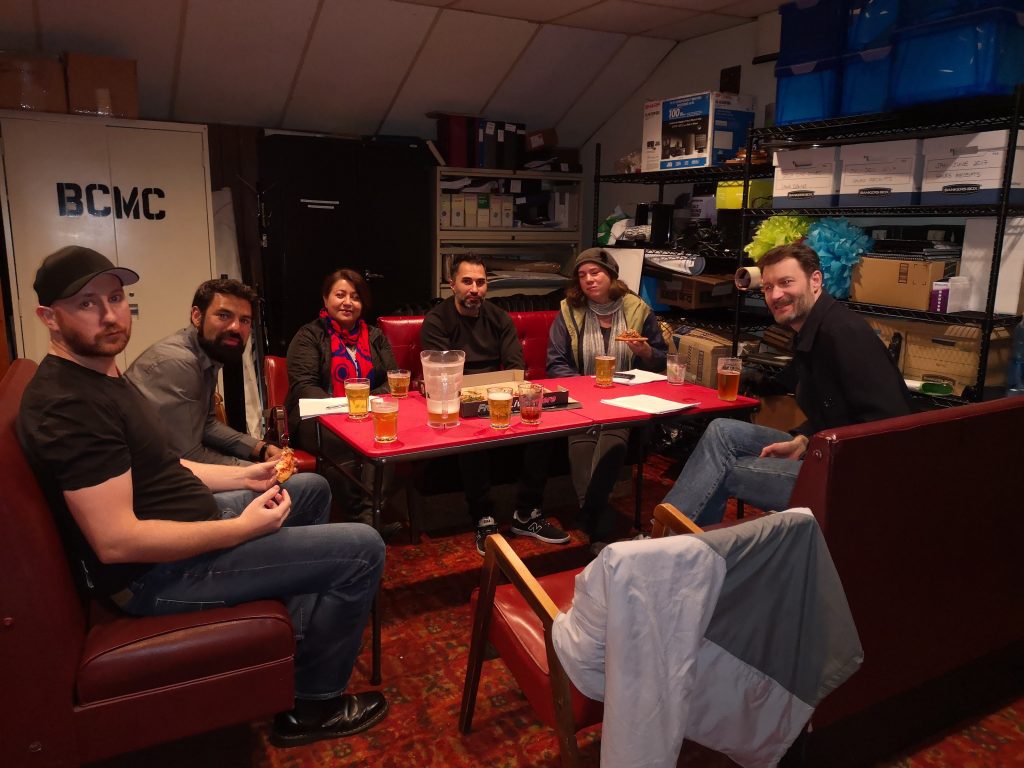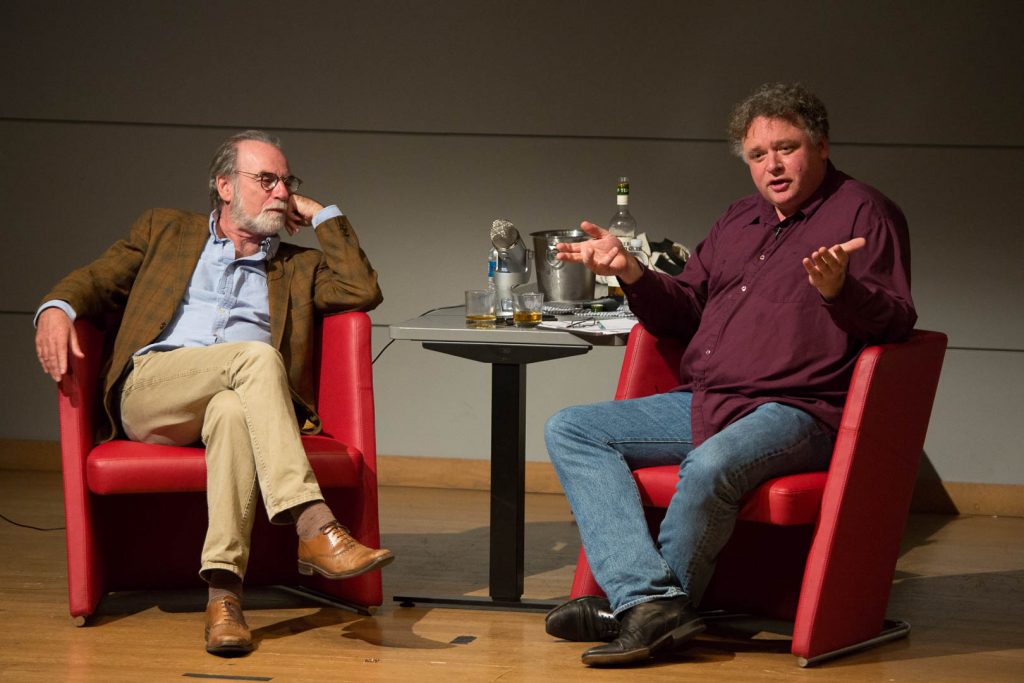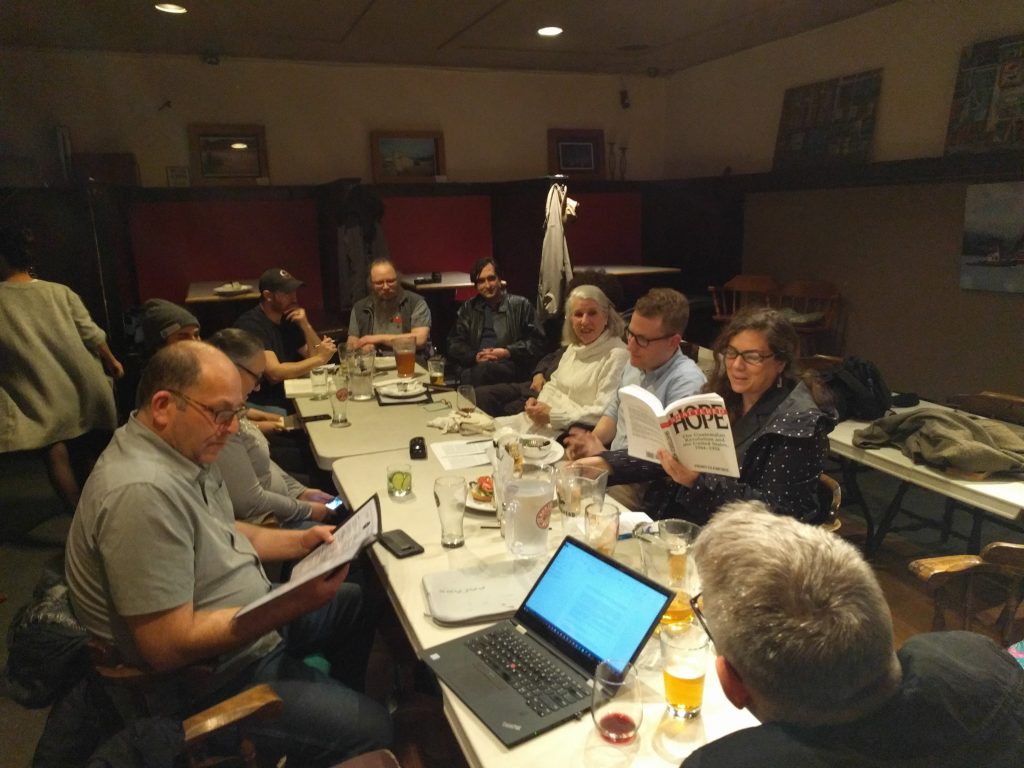
Instructor: Stuart Parker
Course Objectives
Over the past fifty years , a new kind of political party has appeared on the international scene. And following their first victories in Germany in the early 1980s, these parties have gradually entered more and more legislatures around the world. Although concentrated and originating in the Global North, Green parties are fixtures in many multi-party systems in the former East Bloc, the Middle East, South Asia and Latin America.
In this same period of time, we have seen the waxing and waning of multilateral international efforts by governments of all stripes to reach agreements about regional and global environmental problems, most notably acid rain, ozone depletion and climate change.
Are these things connected? Do Green parties have significant policy impacts at home and abroad or have these efforts proceeded with Greens as bystanders or minor obstacles? This is just one of the questions that Stuart Parker, the longest-serving leader of the BC Green Party will attempt to answer in his thirteen-lecture course on the history of Green politics and small-g “green” ecopolitics.
This course will trace the origins of both environmental regulation and green citizens’ movements in North America, placing them in a larger global context. The course will also offer a micro-history of Canadian Green parties and their history since the formation of the Canadian Greens’ forerunner, the Small Party in 1979.
While individuals like former Canadian Greens leader Jim Harris emphasize the novelty and rapidity of the growth in Green parties, the course will examine the relatively slow yet persistent growth patterns we see in Green popular support. While the Greens have grown much more slowly than other twentieth- and twenty-first-century that have achieved legislative success, they have also shown a persistence that most new political movements have lacked or, at least, certainly not exhibited outside more than a handful of countries.
The course concludes with an examination of both recent developments and foundational questions that might help us predict the future successes and failures of these parties.
Difficulty Level
This course’s lecture content requires no prior specialized knowledge and is based on general knowledge widely available to any high school graduate who keeps up with the news. The one challenge element of the course is the reading. A portion of the reading is in the form of academic articles that are not very accessibly written. To accommodate this, questions are expected, welcomed and encouraged for those seeking basic clarifications of opaque language and occult terminology in anything they are asked to read for the course.
Texts
At the beginning of the course, students will receive a series of Dropbox links to download each of the videos and readings we will be discussing.
Class Schedule
We will be meeting twice a week on Zoom at 3:00pm Pacific Time on Mondays and Wednesdays. Participants will also be subscribed to a Google group and a Facebook group to carry on discussion outside of class time. In all, the class will have thirteen episodes. The course begins on June 21st.
| Date | Lecture | Recording |
| June 21st | Two solitudes: the world before the Columbian Exchange | Episode 1 |
| June 23rd | Sugar, gold, pigs and pines: colonial-era eco-politics | Episode 2 |
| June 28th | Thoreau, the romantics and the rise of the Seeker movement | Episode 3 |
| June 30th | John Muir, the Sierra Club and the Progressive Era | Episode 4 |
| July 5th | Rachel Carson, Cesar Chavez and the early critics of the Cold War environmental order | Episode 5 |
| July 7th | From acid rain to ozone depletion: the Age of Environmental Multilateralism | Episode 6 |
| July 12th | EF Schumacker, Biogregionalism and the proto-Green parties | Episode 7 |
| July 14th | Die Grunen, the Peace Movement and the first electoral successes | Episode 8 |
| July 19th | Decade of divergence: 1990s splits on coalitions and peace-keeping | Episode 9 |
| July 21st | The Greens and Electoral Reform | Episode 10 |
| July 26th | Greens in the twenty-first century | Episode 11 |
| July 28th | Green politics post-mortem | Episode 12 |



